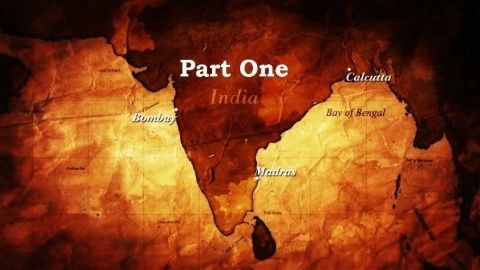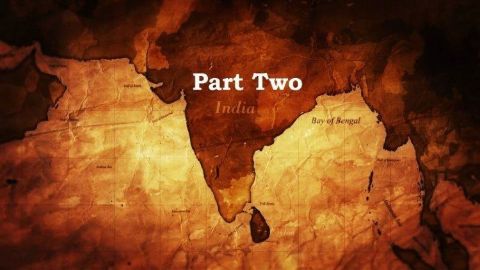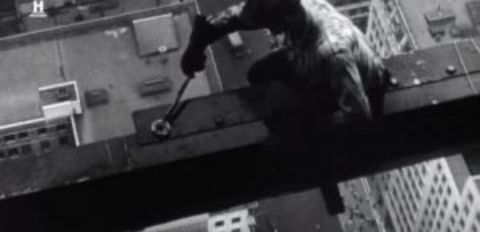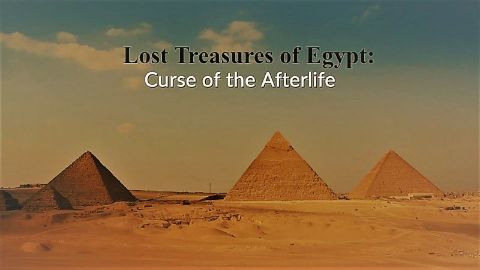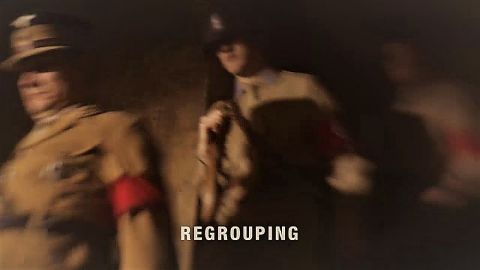Part Two • 2014 • episode "S1E2" • The Birth of Empire: The East India Company
By 1800 the East India Company had grown from a tiny band of merchants into a colossal trading empire. But scandal and corruption in the 18th century had led to a curtailment of its powers by the British government. The state now controlled the company's affairs in India and, throughout the 19th century, would chip away at its remaining powers and trading privileges. The company was transformed from a trading enterprise into the rulers of India, and governed vast swathes of the subcontinent on behalf of the British Crown. Its territory expanded enormously and an empire was born. As the company traded opium to a reluctant Chinese Empire, in India a dangerous chasm opened up between the British rulers and the Indian people. Alienated and disaffected, significant numbers of the company's massive army of Indian soldiers finally revolted and the Company's handling of the mutiny was its final undoing. In 1858 British India passed into Queen Victoria's hands and the Raj was born.
Make a donation
Buy a brother a hot coffee? Or a cold beer?
Hope you're finding these documentaries fascinating and eye-opening. It's just me, working hard behind the scenes to bring you this enriching content.
Running and maintaining a website like this takes time and resources. That's why I'm reaching out to you. If you appreciate what I do and would like to support my efforts, would you consider "buying me a coffee"?
Donation addresses
BTC: bc1q8ldskxh4x9qnddhcrgcun8rtvddeldm2a07r2v
ETH: 0x5CCAAA1afc5c5D814129d99277dDb5A979672116
With your donation through , you can show your appreciation and help me keep this project going. Every contribution, no matter how small, makes a significant impact. It goes directly towards covering server costs.
